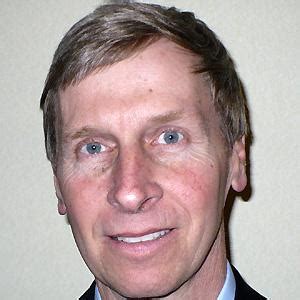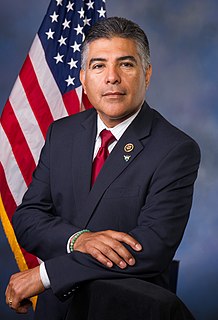Цитата Сьюзен Джейкоби
Мы хотим, чтобы наши сограждане уважали наше глубоко укоренившееся убеждение, что отсутствие загробной жизни придает большее, а не меньшее моральное значение нашим действиям на земле.
Связанные цитаты
Качество всего, что мы делаем: наших физических действий, наших словесных действий и даже наших умственных действий, зависит от нашей мотивации. Вот почему нам важно исследовать свою мотивацию в повседневной жизни. Если мы культивируем уважение к другим и наша мотивация искренняя, если мы развиваем искреннюю заботу о благополучии других, тогда все наши действия будут положительными.
Несомненно, характер имеет значение для наших граждан, наших сообществ и нашей нации, и на этой неделе мы отмечаем важность характера в нашей индивидуальной жизни... основные этические ценности надежности, справедливости, ответственности, заботы, уважения и гражданства формируют основа нашей демократии, нашей экономики и нашего общества... Воспитание здорового характера у наших детей необходимо для сохранения силы нашей нации в 21 веке.
Слова Спасителя просты, но их смысл глубок и многозначителен. Мы должны любить Бога, любить и заботиться о наших ближних, как о себе. Представьте, что хорошего мы можем сделать в мире, если все объединимся, объединившись как последователи Христа, трепетно и деловито откликаясь на нужды других и служа тем, кто нас окружает — нашим семьям, нашим друзьям, нашим соседям, нашим согражданам.
Человеческое сердце – это первый дом демократии. Именно здесь мы принимаем наши вопросы: Можем ли мы быть справедливыми? Можем ли мы быть щедрыми? Можем ли мы слушать всем своим существом, а не только своим умом, и предлагать свое внимание, а не свое мнение? И достаточно ли у нас решимости в наших сердцах действовать мужественно, безжалостно, не сдаваясь, доверяя нашим согражданам присоединиться к нам в нашем решительном стремлении к живой демократии?
Путь к осуществлению нашей мечты никогда не бывает гладким. Мы неизменно сталкиваемся с изгибами, поворотами, объездами и блокпостами. Иногда наши разочарования заставляют нас отказаться от путешествия, но разочарования сигнализируют о необходимости сделать паузу для самоанализа и перенаправления. Разочарования — это побуждение от Бога еще глубже исследовать наши души, чтобы найти свою силу и цель и жить ими. Разочарования говорят нам, что наши мысли и действия еще не находятся в гармонии с нашими желаниями.
Единственные вещи, в отношении которых можно сказать, что мы обладаем какой-либо собственностью, — это наши действия. Наши мысли могут быть плохими, но не производить яда; они могут быть хорошими, но не приносить плода. Наше богатство может быть отнято несчастьем, наша репутация — злобой, наш дух — бедствием, наше здоровье — болезнью, наши друзья — смертью. Но наши действия должны следовать за нами после могилы; в отношении их одних мы не можем сказать, что ничего не унесем с собой, когда умрем, или что мы уйдем из мира нагими.



































